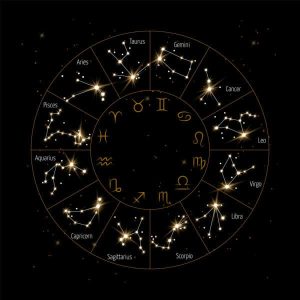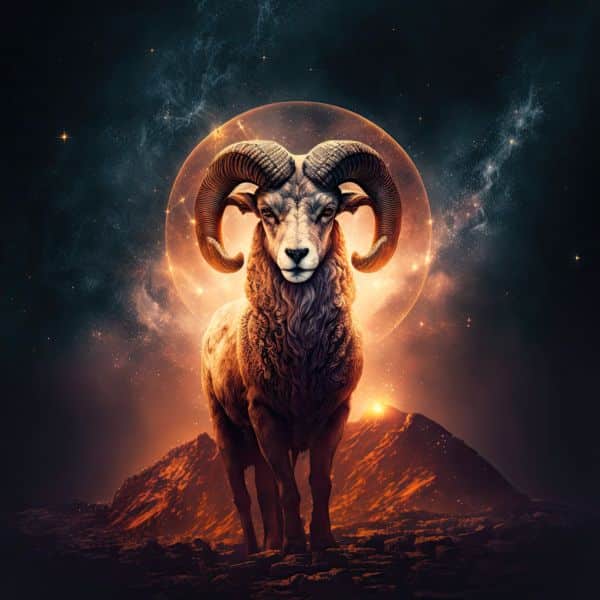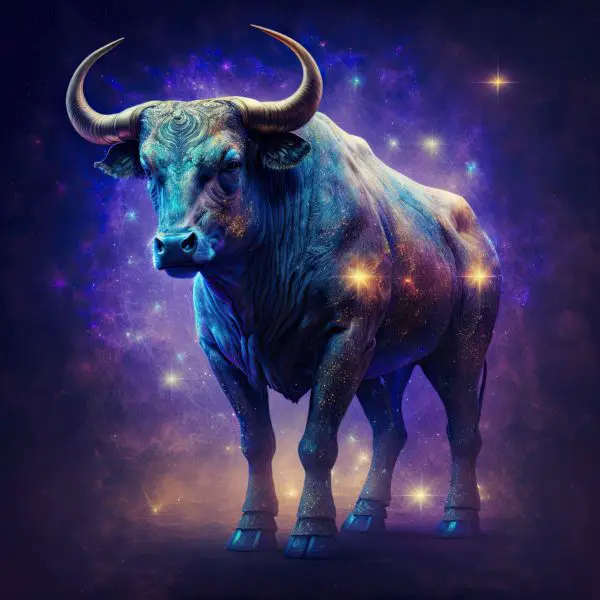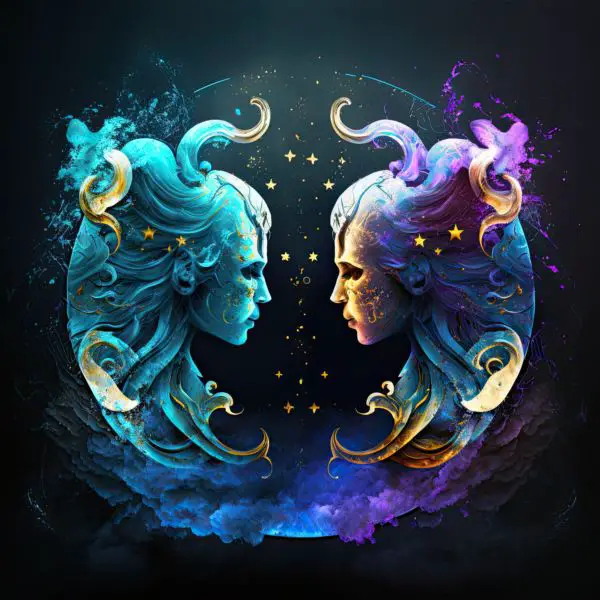Western Horoscope – Introduction

The captivating world of Western horoscope, with its celestial alignments and mystical predictions, has fascinated humanity for centuries.
From daily newspaper horoscopes to personalized birth charts, astrology has woven its way into the fabric of modern life. But how did it all begin?
To unravel the secrets of the Western horoscope, we must venture back in time to ancient civilizations and cultures that gazed upon the stars in search of cosmic wisdom.
The Birth of Astrology
The cradle of astrology lies in the ancient civilizations of Mesopotamia and Egypt, around 3000 BCE.
These early societies, deeply connected to nature and the cosmos, observed the movements of celestial bodies and recognized their rhythmic patterns. They believed that these cosmic events influenced life on Earth, shaping everything from natural phenomena to human destinies.
Thus, the earliest form of astrology, termed “mundane astrology,” emerged as a practical tool to predict seasonal changes, lunar and solar eclipses, and agricultural cycles for societal planning.
There is an interesting discussion on Spotify about this article. Why not check it out?
The Babylonian Influence
The Babylonians, renowned for their advanced knowledge in various fields, took the study of the stars to new heights around 2000 BCE.
Their priests, known as “Chaldeans,” developed a sophisticated astrological system that integrated celestial observations and divination practices. They were meticulous record-keepers, compiling cuneiform tablets containing astronomical observations and predictions. Through keen observation, they linked the movements of planets and stars with specific events on Earth, recognizing correlations between celestial occurrences and human affairs.
The Chaldeans organized the heavens into twelve sections, each representing a zodiacal constellation. This division marked the inception of the zodiac signs that form the core of Western horoscope. Each zodiac sign represented a particular region of the sky through which the Sun, Moon, and planets appeared to travel throughout the year.
Ancient Greek Contributions
The advent of Hellenistic Greece marked a significant turning point for astrology.
In the 4th century BCE, the Greek scholar and philosopher, Claudius Ptolemy, played a pivotal role in refining and systematizing astrological principles in his influential work, “Tetrabiblos.” Ptolemy’s comprehensive treatise on astrology laid the foundation for Western horoscope as we recognize it today.
“Ptolemy’s Tetrabiblos” embraced Babylonian and Egyptian astrological knowledge while incorporating Greek philosophical principles. He introduced the concept of the “natal chart,” which involves casting a horoscope based on the precise positions of the planets at an individual’s birth. Ptolemy’s work brought astrology closer to a psychological perspective, exploring the influence of celestial bodies on human personality, temperament, and fate.
The Renaissance Revival
The medieval period witnessed the transmission of classical astrological knowledge from the Arabic world to Europe, contributing to the revival of Western horoscope during the Renaissance.
Renowned scholars and philosophers, such as Marsilio Ficino and Giovanni Pico della Mirandola, embraced astrology as a means to understand the interconnectedness of the macrocosm and microcosm.
Astrology became a tool for self-awareness and spiritual growth, fostering a holistic view of human nature.
Astrology in Modern Times
The Age of Enlightenment in the 17th and 18th centuries brought increased skepticism toward astrology as the scientific revolution gained momentum.
However, astrology continued to thrive among intellectuals, mystics, and common people alike.
In the 20th century, Carl Gustav Jung, the renowned psychologist, contributed to the emergence of psychological astrology, exploring the profound connections between astrology and the human psyche.

Understanding the Zodiac Signs
Central to Western horoscope are the twelve zodiac signs, each associated with specific dates, personality traits, ruling planets, and elemental properties.
Please click on the links below for a more detailed look.
The zodiac signs are as follows:
| Aries | March 21 – April 19 | Confident and adventurous, Aries are natural-born leaders with a pioneering spirit. |
| Taurus | April 20 – May 20 | Dependable and sensual, Taurus values stability, comfort, and the finer things in life. |
| Gemini | May 21 – June 20 | Intellectually curious and versatile, Gemini is known for their communication skills and adaptability. |
| Cancer | June 21 – July 22 | Emotionally intuitive and nurturing, Cancer is deeply connected to family and home. |
| Leo | July 23 – August 22 | Dramatic and charismatic, Leo thrives in the spotlight and radiates self-confidence. |
| Virgo | August 23 – September 22 | Analytical and detail-oriented, Virgo seeks perfection and enjoys helping others. |
| Libra | September 23 – October 22 | Harmonious and diplomatic, Libra values fairness and cultivates balanced relationships. |
| Scorpio | October 23 – November 21 | Intense and resourceful, Scorpio’s emotions run deep, and they are fiercely loyal. |
| Sagittarius | November 22 – December 21 | Adventurous and optimistic, Sagittarius seeks knowledge and embraces freedom. |
| Capricorn | December 22 – January 19 | Ambitious and disciplined, Capricorn is determined to achieve their goals and lead with authority. |
| Aquarius | January 20 – February 18 | Independent and visionary, Aquarius is a humanitarian who values innovation and progress. |
| Pisces | February 19 – March 20 | Compassionate and imaginative, Pisces possesses an artistic and empathetic nature. |
Each zodiac sign possesses its unique blend of traits, influenced by its ruling planet and elemental association. For example, Libra, ruled by Venus and associated with the Air element, is known for its diplomatic nature, sense of balance, and appreciation for beauty.
Horoscope Today
In the digital era, Western horoscope has transcended geographical boundaries and is readily accessible to a global audience.
Daily horoscopes are now available online, offering personalized insights based on an individual’s zodiac sign and rising sign (the sign that was ascending on the eastern horizon at the time of birth).
Advanced astrology software and mobile applications empower enthusiasts to delve deeper into their astrological birth charts, exploring the positions of planets, aspects, and transits that shape their lives.
Western Horoscope – Conclusion
The enchanting journey of Western horoscope from its ancient origins to its modern-day relevance is a testament to humanity’s enduring fascination with the celestial realm.
The profound wisdom of astrology, interwoven with astronomical observations and psychological insights, continues to inspire individuals to seek deeper self-awareness and a greater understanding of the cosmic tapestry that unites us all.
As we gaze upon the stars, we are reminded that the language of the universe speaks to our souls, inviting us to explore the harmonious dance between the heavens and our earthly existence.
 Subscribe
Subscribe

